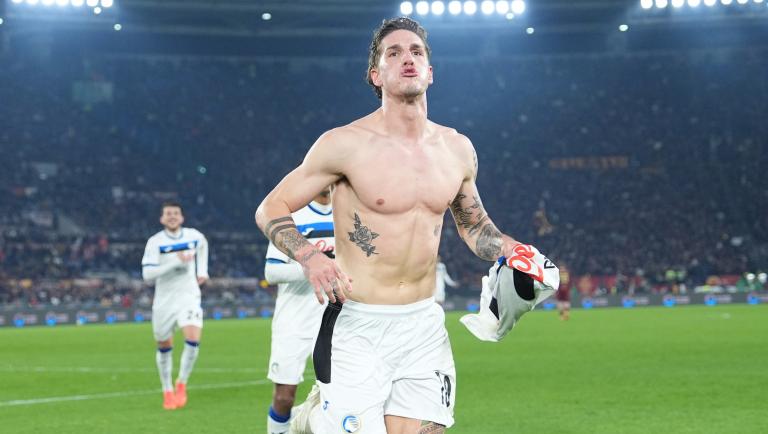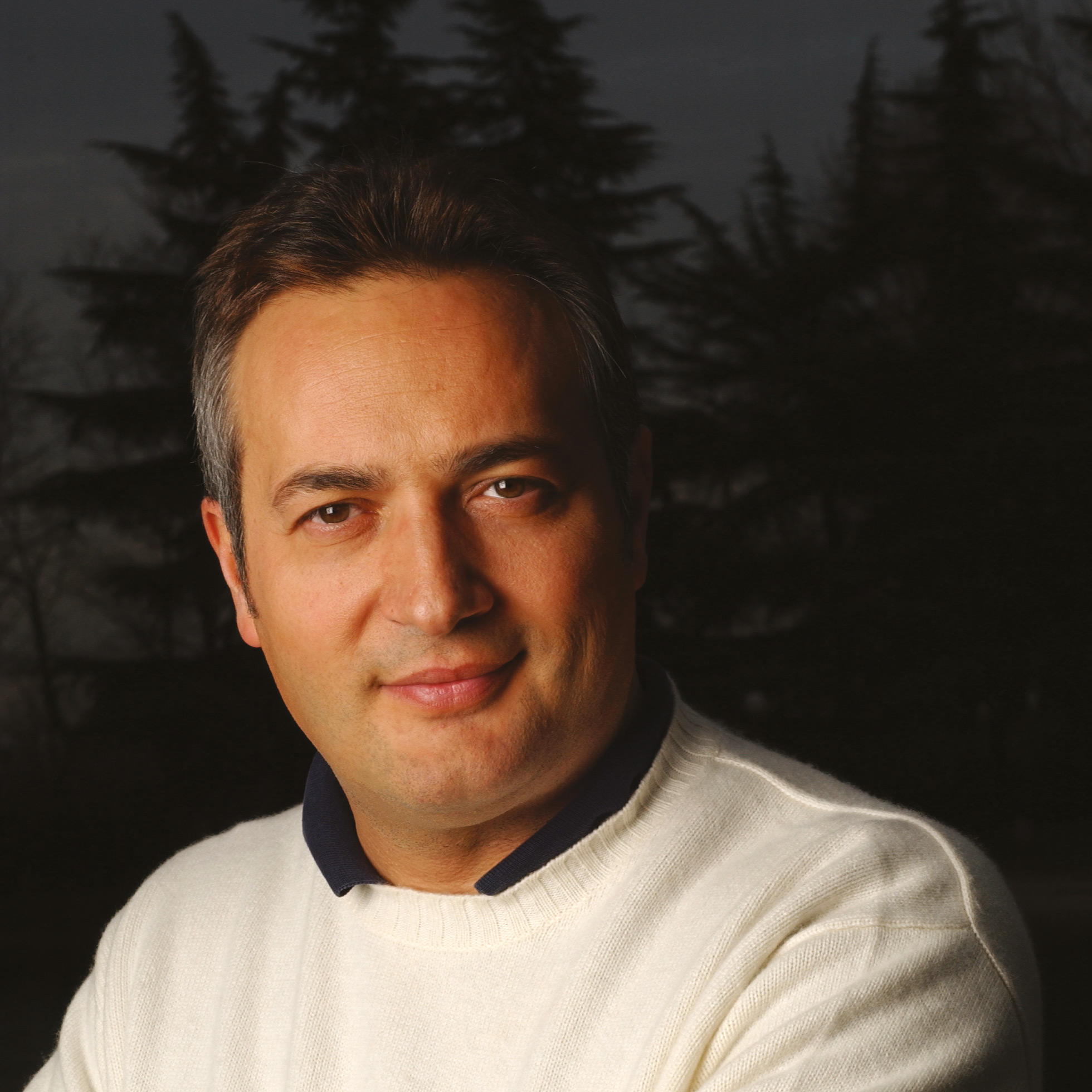Excessive celebrations, questionable protests—everything in Italian football sparks debate these days, for better or worse. Certainly, this benefits the hundreds of media outlets thriving off the sport, including myself, as I earn a living writing about it. But let’s set aside the media angle and get straight to the moral substance of the matter.
It all started on Saturday with the repeat offender Nicolò Zaniolo, a talented but still rather raw player who now plays for Atalanta under the undisputed coaching prowess of Gian Piero Gasperini. Against his former team Roma, Zaniolo celebrated excessively, stripping off his shirt and enraging Roma fans. A similar scene unfolded in Cagliari, where local supporters were, to put it mildly, irate. Gasperini publicly reprimanded him. Then on Sunday, after beating his former team Fiorentina, Vincenzo Italiano—now Bologna’s manager—celebrated in what looked like a fit of psychotic tarantella. Fiorentina’s sporting director, Pradè, criticized him personally, especially given that Palladino, Fiorentina’s coach, had just lost his mother that very day.
So who’s in the right and who’s in the wrong? Is it possible that the very same political correctness we criticize in politics is now swallowing up the passionate spontaneity of football? Perhaps so—after all, we live in an age of restraint. Yet football has its unwritten rules, such as showing restraint when celebrating against former teams. Of course, there are also tales of players losing their spots because they didn’t celebrate. A little common sense on all sides wouldn’t hurt.
Finally, we come to the fans: at Juventus, Vlahovic is greeted with their favorite excrement-laden insults, while at Milan, both the club and many players are targeted. Expecting ultras to behave delicately is absurd. Rather, it’s up to those on the receiving end to decide if the criticism is deserved and whether something needs to change or not.


